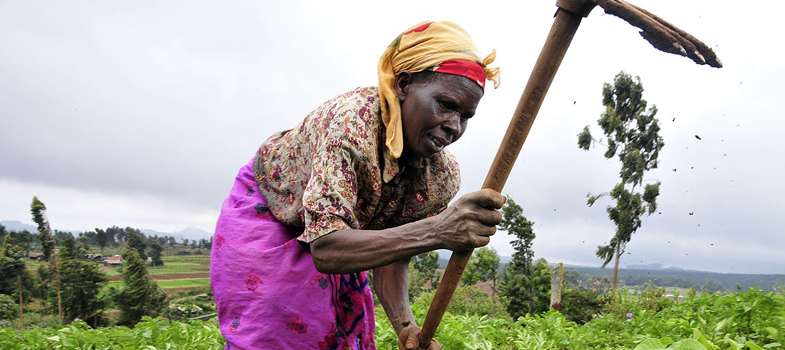1.6 Is resilience only about crisis?
Economic crises underline the need for resilient forms of social and economic organisation. However even when there is no crisis, businesses need to be in a position to resist, adapt to or take advantage of sudden changes in their working environment, whether those changes are social, political, economic or technological.
Again, in the context of developing countries, a working paper written by Borda-Rodriguez and Vicari noted (2013, p. 3):
Case-study based research suggests that co-operatives have played a major role in defending members’ bargaining power ‘at a time of high commodity prices where middlemen can enter markets and try to take advantage of individual farmers by buying low and selling high, securing most of the benefits for themselves’ (Fairtrade Foundation, 2009). Similarly, international institutions have acknowledged that co-operatives ‘empower their members economically and socially and create sustainable rural employment through business models that are resilient to economic and environmental shocks’ (FAO, IFAD, WFP, 2011). A number of international organisations concerned with development and other scholars have highlighted the role of co-operatives in supporting small agricultural producers, women (Ferguson and Kepe, 2011; Majurin, 2012) and youth (Smith et al., 2005). Through co-operatives these vulnerable groups have been able to have improved access to markets, natural resources, information, communications, technologies, credit, training and warehouses. Other benefits have included participation in decision-making and more defined property rights. The combined effect of these positive outcomes has significantly contributed to both food security and poverty alleviation, while diversifying production for local, domestic and international markets (FAO, IFAD, WFP, 2011).
In the following section, I am going to ask you to reflect on what you have read so far. I will also explain how you might access some of the documents I have referred to, if you wish to deepen your knowledge and understanding.
1.5 The importance of resilient alternatives
